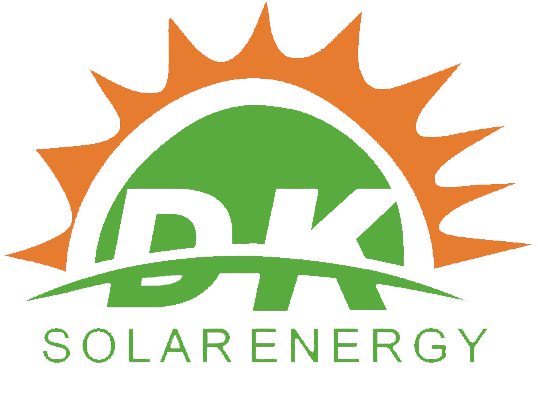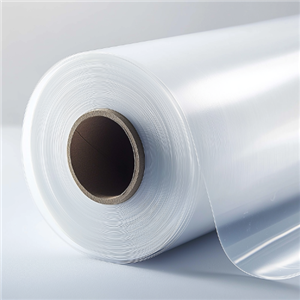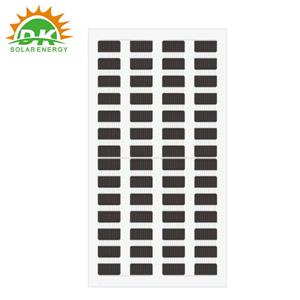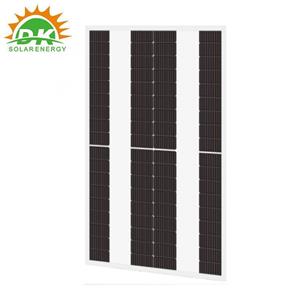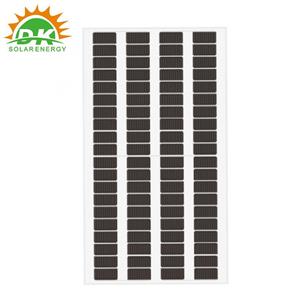-
1901-2026
What are the main application fields of silicone sealant?
Silicone sealant, a polymer with adhesion, sealing, weather resistance and insulation, has multiple types. It's widely used in construction, photovoltaic, electronics, automotive, aerospace, medical and marine fields for bonding and sealing.
-
3012-2025
Solar Drip Glue Panels: Technological Iteration Empowers Diverse Applications, Green Transformation Heralds a New Chapter of Growth
Solar drip glue panels have expanded applications from traditional outdoor lighting and small electronics to distributed PV, portable energy, BIPV, and special scenarios. The industry will advance toward high-performance materials, intelligent manufacturing, green products and diversified applications, with significant market growth potential. Customized demand is rising, and green environmental protection (e.g., bio-based resins, degradable encapsulation) will be the core direction, supported by policies. It will play a more important role in global energy transition.
-
1512-2025
Application of Two-Parts A B Silicone Adhesives in PV Modules (Including BIPV Modules)
The core application scenarios of two-component silicone adhesives are "structural bonding + long-term reliability requirements". They focus on core components of PV modules (such as frames and junction boxes) and connection parts between BIPV modules and building structures, making them particularly suitable for applications involving large-size modules, heavy loads, and extreme environments. Their selection must match module materials (glass, aluminum, backsheets), service environments (temperature, humidity, UV radiation), and mechanical requirements (bonding strength, displacement capacity). They are key materials ensuring the safe operation of PV modules and BIPV systems.
-
2811-2025
Perovskite Module Mass Production Efficiency Surpasses 22%
Perovskite PV modules have achieved a 22% mass production efficiency, on par with crystalline silicon modules. Single-junction and perovskite/crystalline silicon tandem technologies advance in parallel, with the latter’s R&D efficiency hitting 34.85%. China has built multiple GW/100MW-level production lines, with 50MW sales expected in 2025. Its low cost and flexibility suit BIPV, with 20GW global shipments projected by 2030.
-
1510-2025
High-efficiency transformation of PV Modules: Precise selection of solar ribbons becomes critical, full-spec supply drives performance release
In the critical period of PV modules transforming towards "higher efficiency, longer service life, and better scenario adaptation", the selection of solar ribbons has changed from "passive adaptation" to a core link of "active optimization". Enterprises with full-specification solar ribbon supply capabilities and customized services can help module enterprises establish a "battery technology - power target - application scenario" trinity selection system, fully unlock the performance potential of modules, and provide solid supply chain support for the goal of grid parity in the PV industry.
-
1108-2025
What are the advantages and disadvantages of the flexible solar modules with adhesive backing ?
Self-adhesive flexible solar modules offer key advantages: easy installation without brackets/drilling, cutting steps by 70% and boosting efficiency by 40%; adaptability to curved/irregular surfaces; lightweight (4-5kg/m²) for load-sensitive areas; reduced base material damage and waterproof risks; suitability for temporary/mobile use. Disadvantages include limited durability (affected by temperature/UV), high temperature sensitivity, hard maintenance/replacement, strict base material compatibility, and cost-performance conflicts.
-
1807-2025
Bright Market Prospects for Greenhouse Solar Modules, Facilitating Synergistic Development of Agriculture and Energy
Greenhouse solar modules show bright prospects. With strong demand, they solve energy issues in agriculture. Technological innovations like spectral filtering boost efficiency. Policy support drives growth, aiding energy transition and agricultural development.
-
2305-2025
The Critical Impact of Electrical Connection Materials on PV Module Performance
Electrical connection materials are crucial components in photovoltaic (PV) modules for achieving current conduction, and their performance directly impacts the module's conductive efficiency, reliability, service life, and safety. The following analysis explores the specific impacts of core materials such as solder ribbons, busbars, and junction boxes on module performance :
-
2703-2025
Analysis of Light Transmittance Technology and Application Trends in BIPV Solar Modules (2025)
Light transmittance serves as the critical differentiator between BIPV (Building-Integrated Photovoltaics) and conventional PV modules, directly governing the tripartite balance of architectural daylighting, aesthetic integration, and power generation efficiency. By 2025, cutting-edge technologies enable fully customizable transmittance (10%-70%), tailored to diverse application scenarios.
-
0503-2025
Solar Roof Development: A Bright Future for Sustainable Energy
In recent years, the solar roof industry has witnessed remarkable growth, driven by advancements in technology, increasing environmental awareness, and supportive government policies. Solar roofs, which integrate photovoltaic (PV) panels into roofing materials, are revolutionizing the way we generate electricity while providing a sustainable solution to energy consumption.
